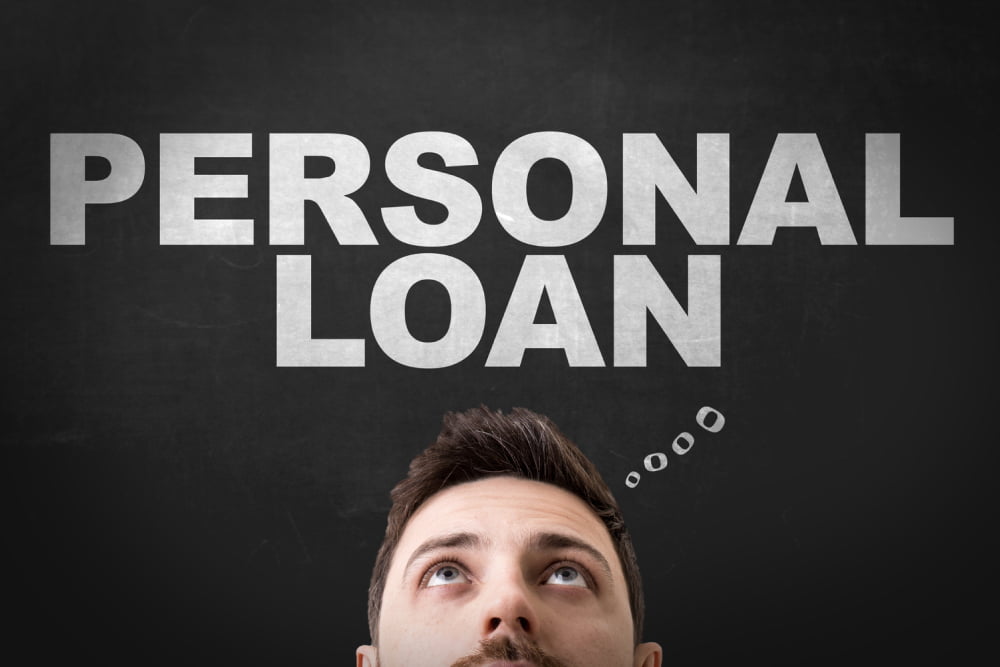Top 7 reasons to get a personal loan

Personal loans are quite useful and can be used for a number of things, like financing home improvement projects, purchasing a new car or smartphone, paying for a wedding, or consolidating debts. While taking a personal loan to finance certain things makes sense, a few things shouldn’t be paid off with a loan. These loans are not worth the risk of debt in some cases. So, here’s when taking personal loans is a good idea:
1. To pay off high-interest debts
Personal loans are not the most expensive in terms of repayment interest rates. Therefore, these loans can finance the repayment of other, costlier debts that one incurs. For instance, a payday loan comes with a high-interest rate for repayment compared to personal loan interest amounts. So, financial advisors tend to advise people with significant existing debt to take smaller debts and repay the money they owe their creditors.
This logic also applies to repaying old personal loans. If someone has an old personal loan they need to repay, they can do so by taking out a newer one. People only need to know if application fees or prepayment penalties are attached to the new loan. Such amounts tend to be substantial.
2. To finance a big purchase
Personal loans are a reliable and stable source of finances for people looking to purchase a large and expensive service product. So, getting a personal loan to finance the purchase of a new appliance like a heater, a washing machine, an air conditioner, or something similar is a financially sound idea. In fact, taking personal loans to finance these costs is a better option than using any seller’s financing options or putting bills on credit cards.
Apart from personal loans, getting a home equity loan or using a home equity line of credit is a more economical option for people with equity built into their homes. The line of credit and home equity options help fund large purchases more conveniently for those who need money. Both of those options are less expensive, but they also come with the risk of collateral, which brings us to the next important point.
3. To avoid the risk of collateral
There are two main kinds of personal loans. The first kind of loan is a secured personal loan with collateral requirements. These loans have decidedly lower interest rates on repayments. On the other hand, unsecured personal loans do not come with collateral requirements. This means these kinds of loans do not require loan-seekers to place their home, car, or other valuables as a guarantee. Such collateral objects tend to be seized by banks when people who have taken loans cannot repay them on time with the requisite interest rates.
Unsecured personal loans come with much higher credit score requirements than secured personal loans. Nevertheless, the benefit of being able to keep one’s personal property and other valuable belongings intact offsets this drawback of unsecured personal loans any day.
4. To get lower repayment interest rates
Most banks have their own rules on interest rates. However, in many cases, the interest rate associated with unsecured personal loans tends to be on the lower end of the spectrum. Banks make the bulk of their revenues from loans. Therefore, it is profitable for them if people and businesses take on many personal borrowings to finance their various requirements. Banks tend to be competitive with loan repayment interest rates to encourage people to take personal loans liberally.
5. To facilitate vehicle financing
Personal loans are the easiest and fastest way to cover the cost of a car, a boat, or an RV. Personal loans are a good source of finance in cases where the vehicle purchased is not from the manufacturer but from another consumer. For example, if a person needs to buy a truck owned by a friend, using personal loans is much faster than burning their savings accounts. Moreover, the vehicle wouldn’t be collateral, as personal loans are unsecured.
6. To fund wedding expenses
A wedding is an extremely costly affair. Several kinds of purchases and fees are associated with weddings. Wedding expenses, therefore, do not always have a hyper-specific loan type to fulfill them. Personal loans offer a reliable and quick source of money for people to cover these expenses without bringing any postponements to their wedding. Additionally, personal loans have manageable repayment interest rates. So, once the event is over, the husband and wife can combine their earnings to repay the loan amount back to the banks quickly.
7. To fund emergency expenses
Emergency expenses, such as an emergency hospitalization, are unforeseen. Additionally, such expenses are substantial and require people to quickly produce large amounts of money. In such situations, taking out personal loans makes sense for individuals. Banks can sanction personal loans quickly, which are easy and frugal to repay later. Therefore, they are practical and good options for people to opt for in their difficult times. Apart from hospitalization, another occasion in which a personal loan can act as a fast source of cash is a fee payment by their parents during their kids’ school admissions. Other occasions in which taking personal loans is a good idea include improving one’s credit score and funding moving expenses.


